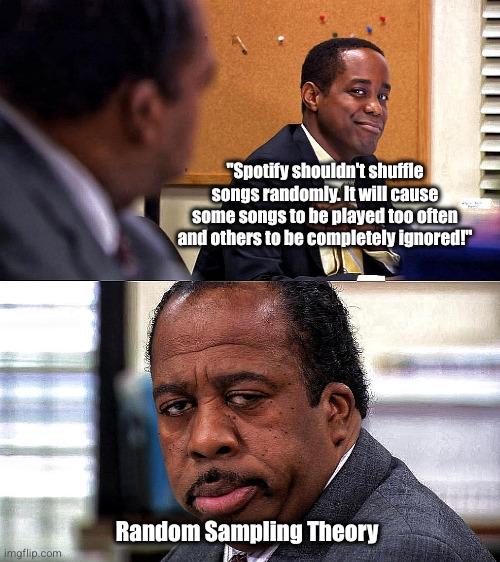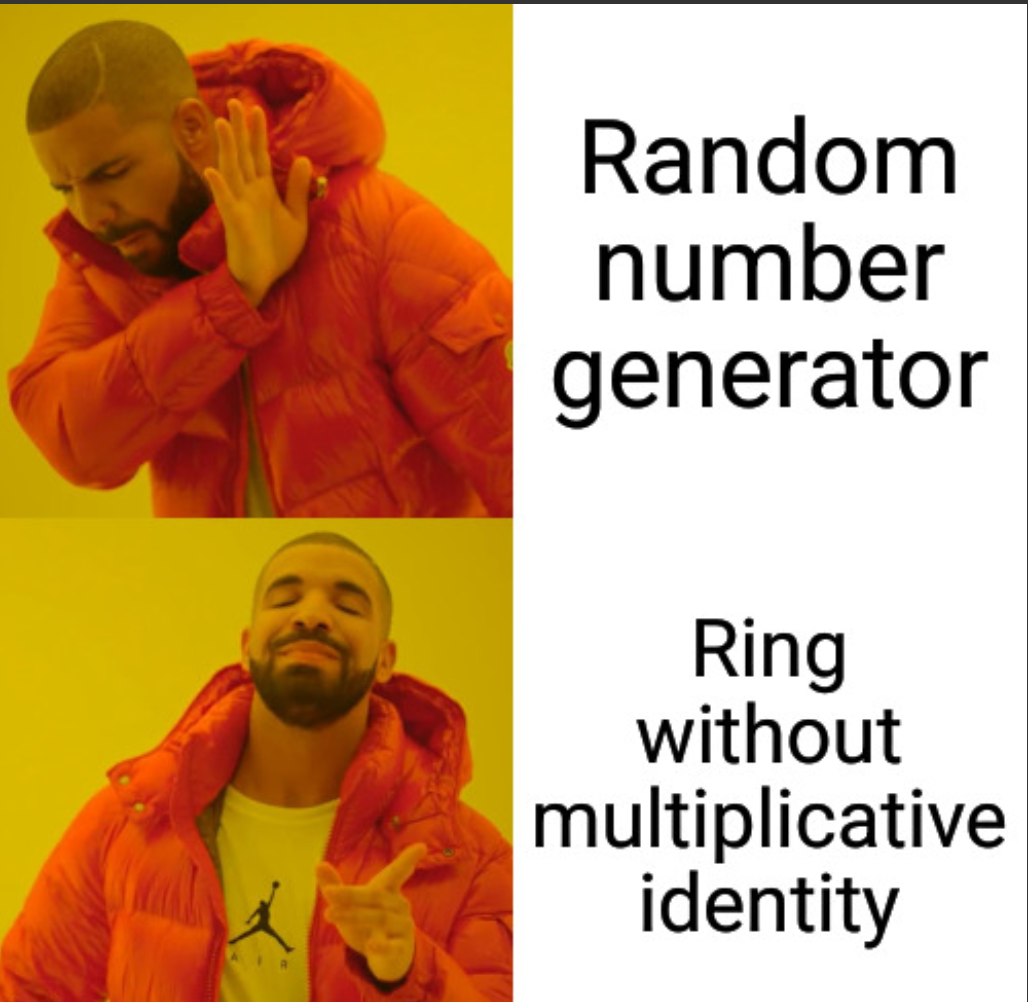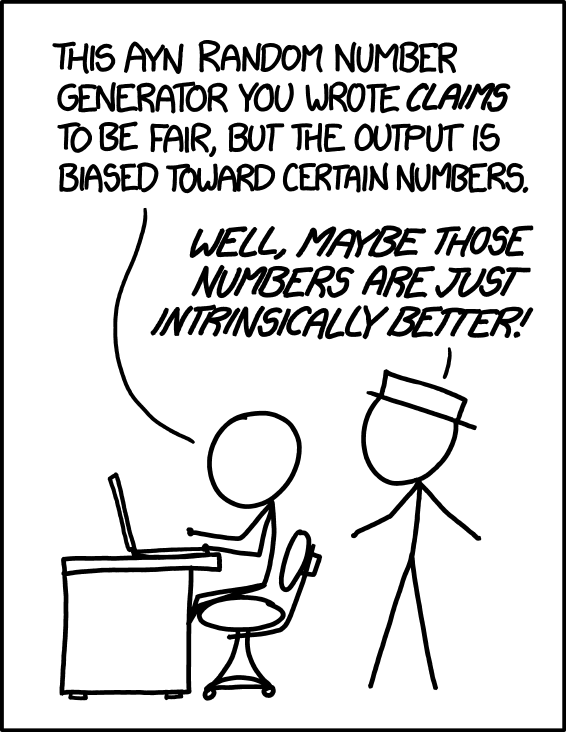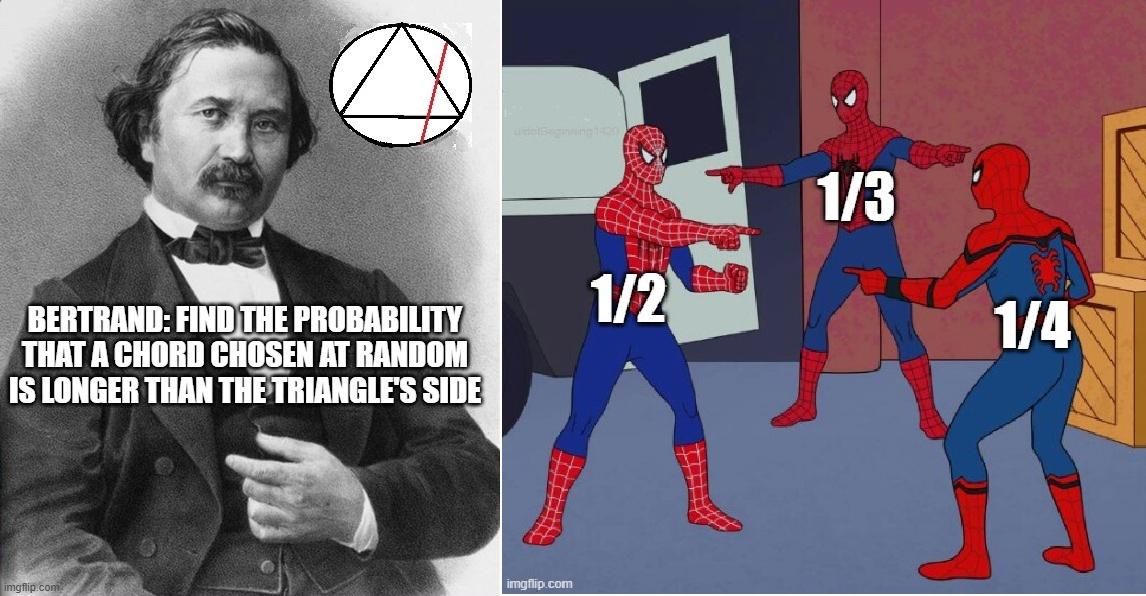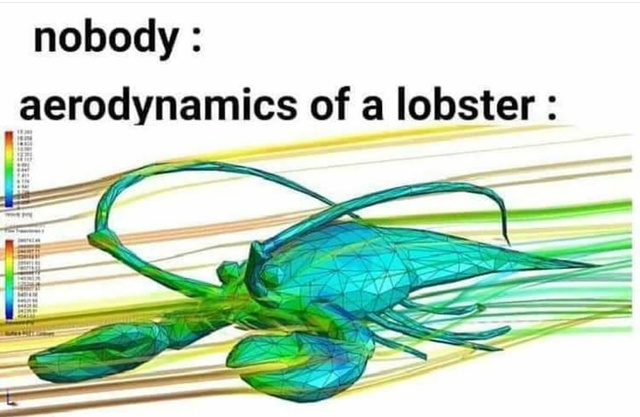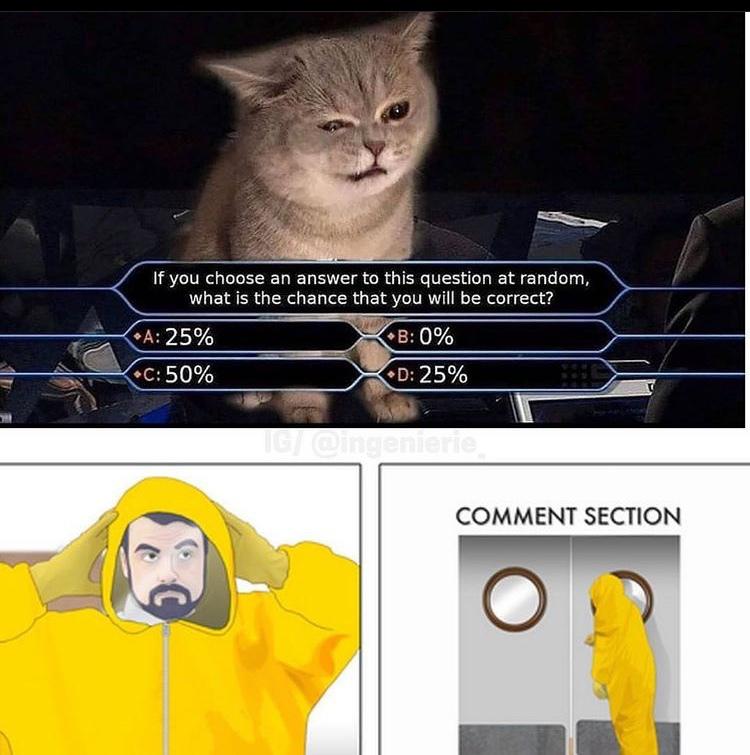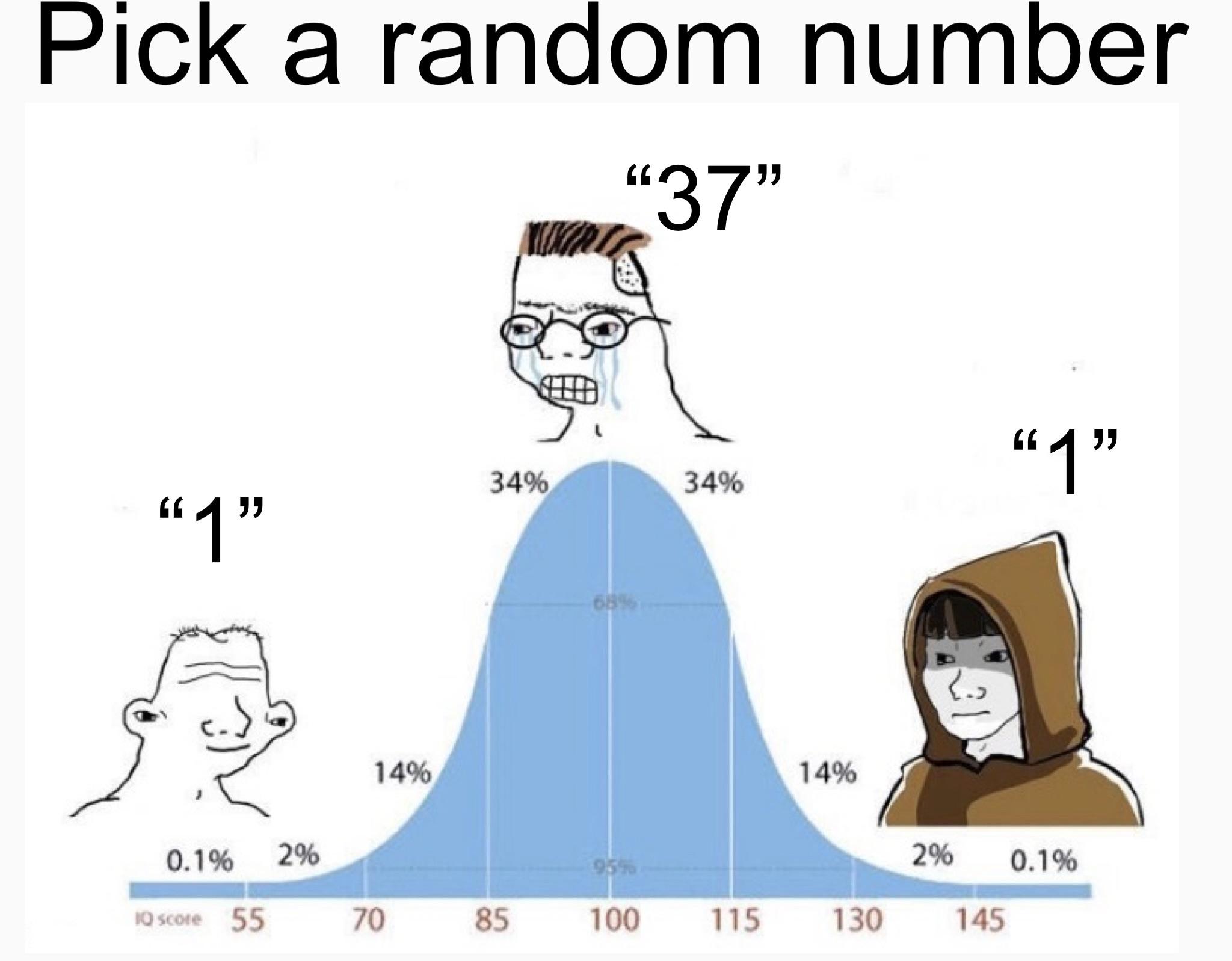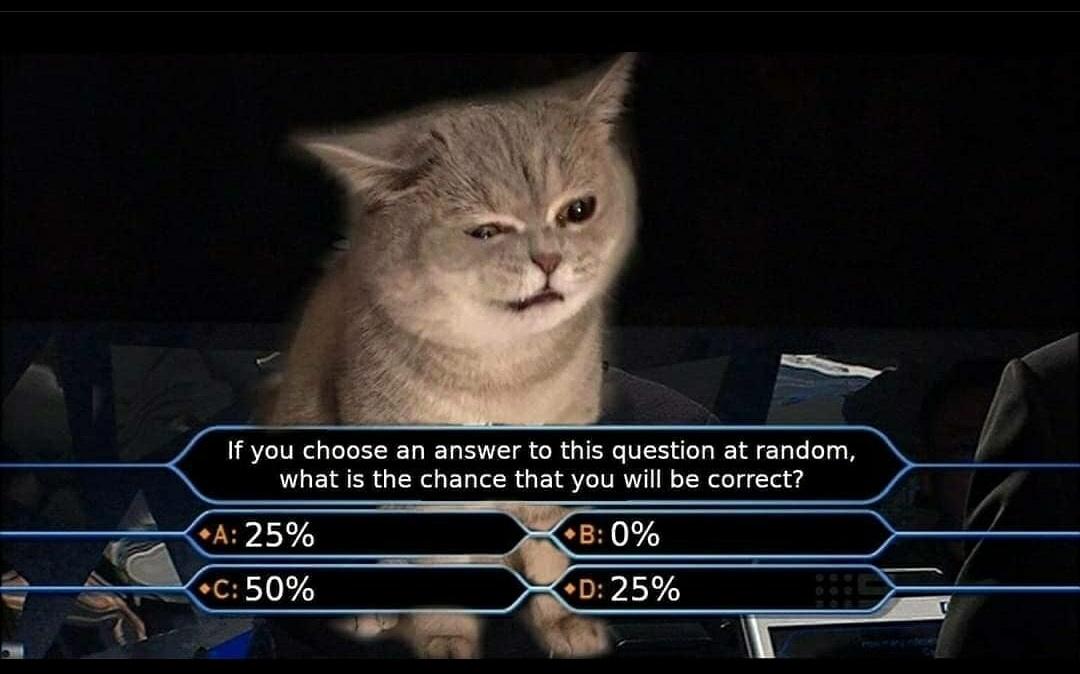The cat's judgmental stare says it all. This probability paradox is the ultimate academic trap. If you pick randomly from four options, you'd expect a 25% chance of being right. But wait—two answers are "25%" (A and D), making their combined probability 50%. So if 25% is correct, it should be 50% likely... which means C (50%) is correct. But if C is correct, then the chance is 25% again. It's an infinite loop of statistical despair that would make Schrödinger's cat roll its eyes. The answer is simultaneously all and none of the above, much like my will to grade another stack of freshman statistics papers.


 Academia
Academia
 Ai
Ai
 Astronomy
Astronomy
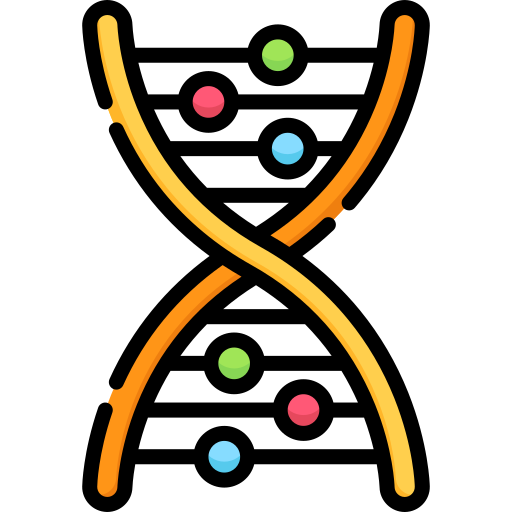 Biology
Biology
 Chemistry
Chemistry
 Climate
Climate
 Conspiracy
Conspiracy
 Earth-science
Earth-science
 Engineering
Engineering
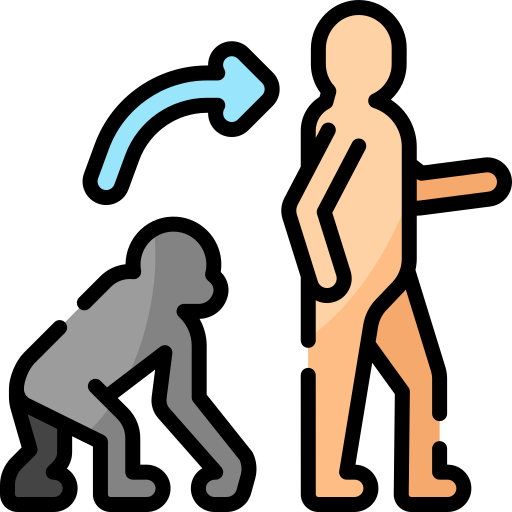 Evolution
Evolution
 Geology
Geology
